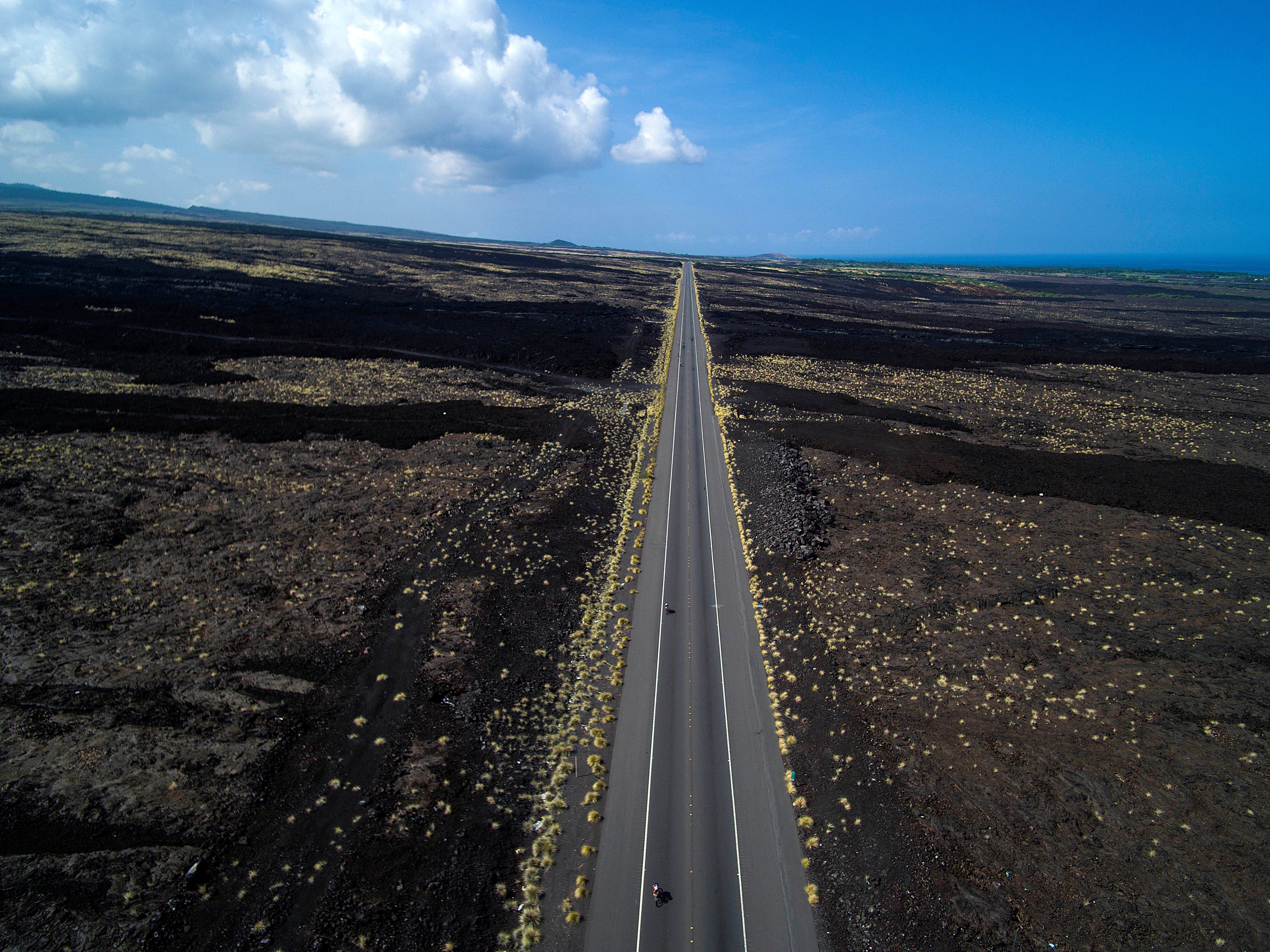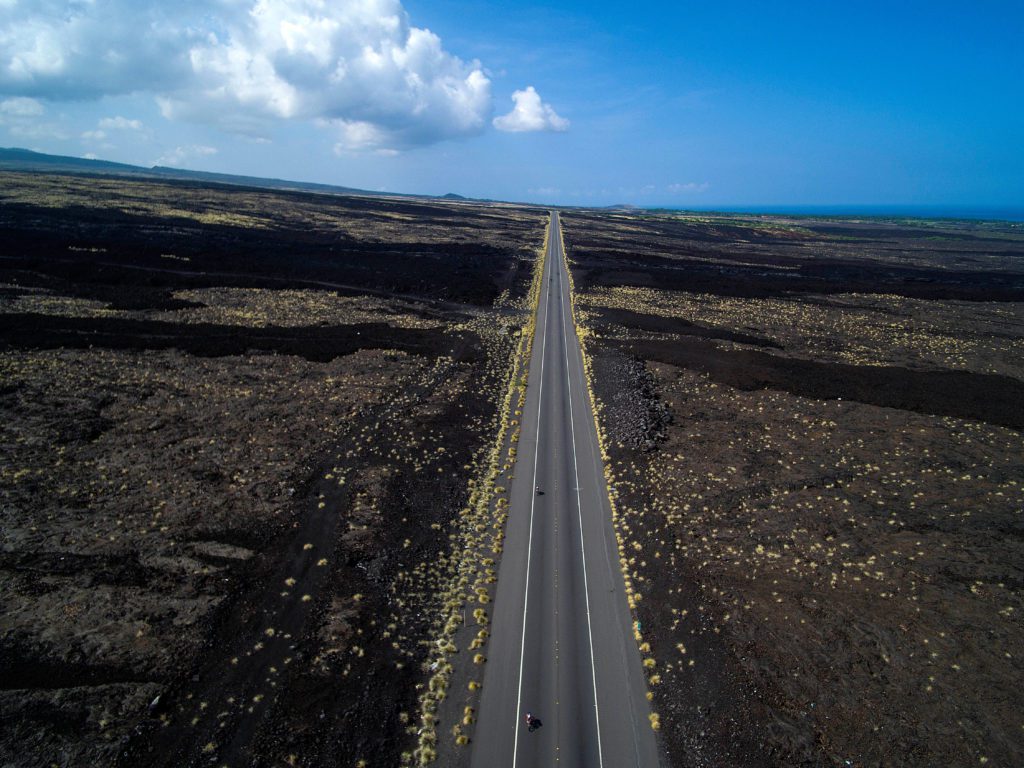How to survive the travel
Before making the journey to your next big race, make sure you take the time to plan your travel, packing and recovery. By doing this, you will arrive fresh and stress-free. The following tips will help you to achieve that for all your races this season.


Before making the journey to your next big race, make sure you take the time to plan your travel, packing and recovery. By doing this, you will arrive fresh and stress-free. The following tips will help you to achieve that for all your races this season.
Compression Wear – Weather you are driving or flying to an event, it isn’t a bad idea of investing in some compression wear. Most commonly, triathletes will wear compression sleeves on their calves or short tights. Compression wear during travel is a smart idea because the compression keeps the blood flowing, returning the blood in legs becak to heart.
Related: Recovery methods you should use
Packing – Make sure you take the time days before you leave to pack your gear, so you know you have everything. Also, this early making exercise gives you time to rearrange a fit all your gear in the car or get under weight limits for a plane.
Related: Bike bags for travel
Time zones – If your travelling to distant places to race that are in different time zones make sure you plan to arrive earlier rather than later, so you can adapt to the new time. A general rule of thumb is that it will take one day of recovery or adjustment for every time zone travelled. If you don’t have this luxury, try to start adjusting to the time zone before you leave by going to bed and getting up either earlier or later depending on the direction you are travelling. You may even want to eat closer to your new time zone meal times as well.
Food and groceries – You may not be used to the local cuisine at your destination race. Avoid trying anything different close to your event. Save this for after. You should research where you can find a grocery store and if they provide food that you are accustomed to in your training. If you’re able to bring some essentials with you, that’s even better. By taking some essentials with you, you save time from having to hunt done a local grocery store. Ideally, your lodging has a kitchen of some sort so you can prepare meals and snacks, without having to go out (until after the race).
Related: The week before your first 70.3
Make a checklist of what you need to bring and plan ahead – Big races will usually have an expo, but you will want to minimize any running around and added stress as much as possible. Bring everything that you need and extras with you if you can. Things such as an extra pair of goggles, a wetsuit even if there is a chance that it will be a non-wetsuit swim, bike tools, long valve tubes, tubulars or your own sports drink and nutrition are just a few things to add to your checklist.
